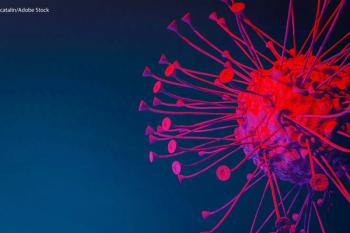
The CAR T-cell therapy continued to demonstrate deep and durable responses in heavily pretreated patients with relapsed/refractory multiple myeloma.

The CAR T-cell therapy continued to demonstrate deep and durable responses in heavily pretreated patients with relapsed/refractory multiple myeloma.
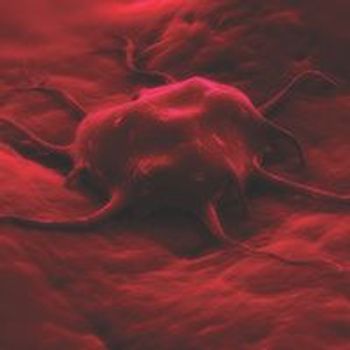
This OncLive® webinar will focus on the delivery of cellular therapeutics, particularly chimeric antigen receptor (CAR) T- Cells in High-Risk Non-Hodgkin Lymphoma. Join us Tuesday, June 30, 2020 at 7 PM EST.
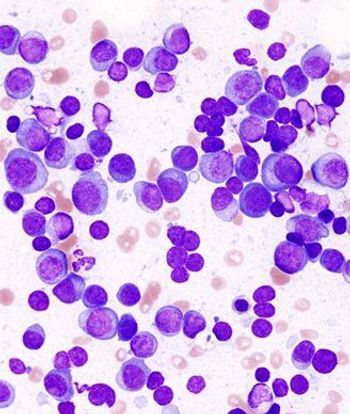
The BCMA-targeting CAR T-cell therapy yielded a response in73% of patients with heavily pretreated relapsed/refractory multiple myeloma.
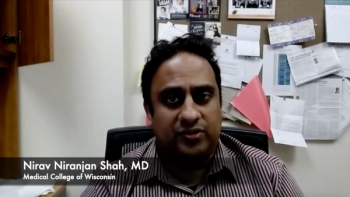
Nirav Niranjan Shah, MD, spoke about the use of autologous stem cell transplant in patients with relapsed, chemosensitive DLBCL during the era of CAR T-cell therapy.
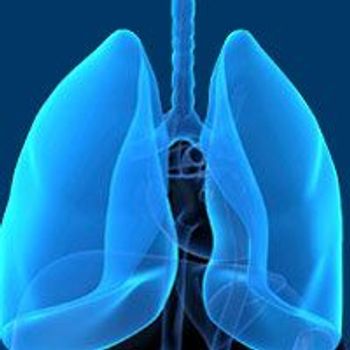
The Data and Safety Monitoring Board has advised that the phase 3 DUBLIN-3 trial of the antineoplastic agent plinabulin in patients with advanced or metastatic non–small cell lung cancer who have progressed on standard-of-care therapy can continue without any modifications.

China's National Medical Products Administration has approved zanubrutinib (Brukinsa) for the treatment of adult patients with chronic lymphocytic leukemia and small lymphocytic lymphoma who have received at least 1 prior therapy, as well as for the treatment of adult patients with mantle cell lymphoma who have received at least 1 prior therapy.

Jia Ruan, MD, PhD, discusses the current risk-stratification parameters and the evolution of treatment from high-intensity chemoimmunotherapy to novel therapy in mantle cell lymphoma.
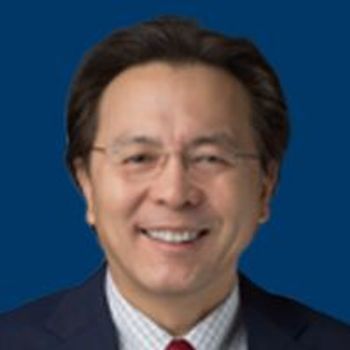
The pharmacodynamic profile of KTE-X19, an autologous anti-CD19 CAR T-cell therapy, was associated with efficacy and treatment-related neurological events among patients with relapsed/refractory mantle cell lymphoma treated within the ZUMA-2 trial.
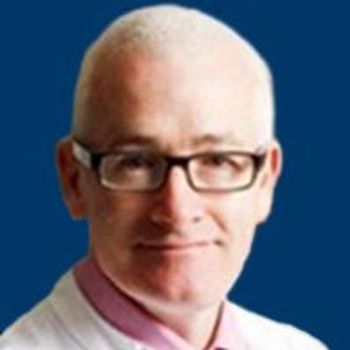
Treatment with pembrolizumab improved progression-free survival after subsequent therapy for patients with PD-L1–positive, relapsed/refractory head and neck squamous cell carcinoma.
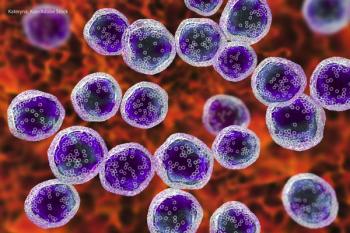
The allogeneic CAR-T cell therapy ALLO-501, paired with the monoclonal antibody ALLO-647, demonstrated clinical responses and manageable toxicity in patients with pretreated large B-cell and follicular lymphomas in the Phase I ALPHA trial.

The allogeneic CAR-T cell therapy ALLO-501, paired with the monoclonal antibody ALLO-647, demonstrated clinical responses and manageable toxicity in patients with pretreated large B-cell and follicular lymphomas.
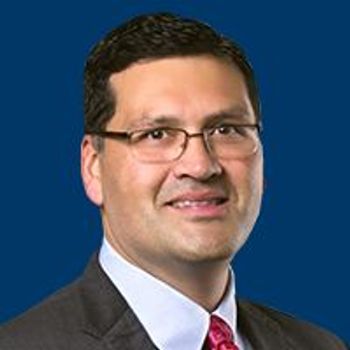
The chimeric antigen receptor T-cell therapy, JNJ-4528, continued to demonstrate deep and durable responses in heavily pretreated patients with relapsed/refractory multiple myeloma, according to updated findings from the phase 1b/2 CARTITUDE-1 (NCT03548207) trial.

Patients with chemotherapy-naïve, locally advanced or metastatic non–small cell lung cancer who were treated in the phase 2 CITYSCAPE trial with tiragolumab, an inhibitor of the immunomodulatory receptor TIGIT, plus and anti–PD-L1 agent demonstrated better efficacy versus single-agent checkpoint inhibitor therapy alone.

Tisagenlecleucel led to clinically meaningful and durable improvements in health-related quality of life in patients with relapsed/refractory diffuse large B-cell lymphoma who achieved a complete or partial response to the CD19-directed CAR T-cell therapy in the phase 2 JULIET trial.
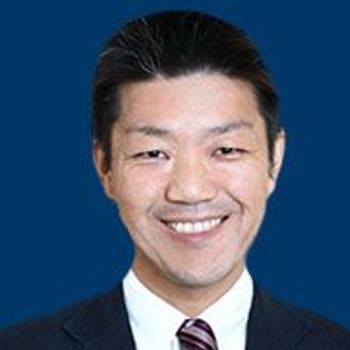
Concurrent frontline therapy with cladribine and rituximab led to a significant improvement in minimal residual disease–free complete responses versus cladribine followed by delayed rituximab in patients with hairy cell leukemia.

The therapy is for patients with deleterious or suspected deleterious germline somatic homologous recombination repair (HRR) gene–mutated cancer or for those whose cancer has progressed after prior treatment with enzalutamide or abiraterone.

The FDA has granted a breakthrough therapy designation to fam-trastuzumab deruxtecan-nxki for the treatment of patients with HER2-positive metastatic non–small cell lung cancer.
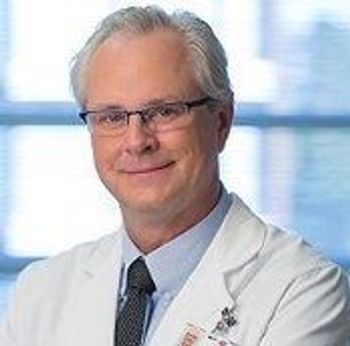
Data presented at SCAI 2020 examining a novel cell therapy suggests it could help reduce angina in patients with non-obstructive coronary artery disease.
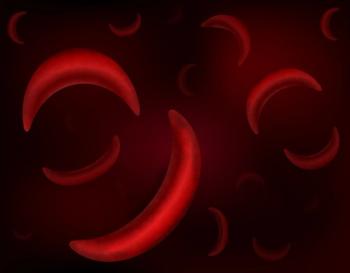
A new study based on interviews with families and patients undergoing chronic transfusion therapy for sickle cell disease finds that the therapy affects the families in ways that extend beyond health.

The FDA has issued a Refusal to File letter to Bristol Myers Squibb and bluebird bio, Inc., regarding their Biologics License Application (BLA) for the BCMA-directed CAR T-cell therapy decabtagene vicleucel.
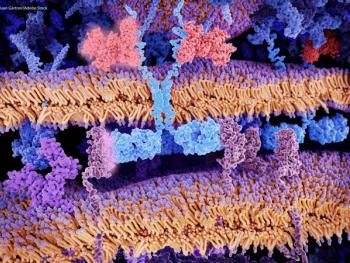
Researchers found that a high dose of CAR T-19 may be more effective than a low dose at inducing a complete response without excessive toxicity.
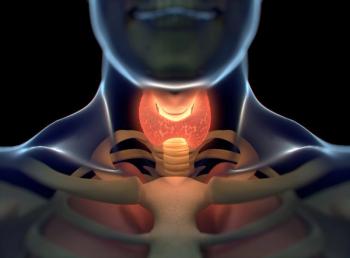
The FDA approved Eli Lilly’s selpercatinib (Retevmo) capsules to treat non-small cell lung cancer (NSCLC), medullary thyroid cancer (MTC) and other thyroid cancer tumors. The treatment is indicated for patients whose tumors have an alternation, such as a mutation or fusion, in a specific gene (RET or 'rearranged during transfection'), marking the first approval of a therapy for cancer patients with the RET gene alterations.
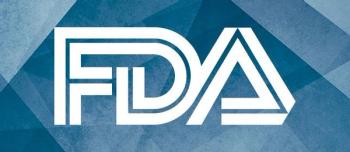
The FDA approved the first therapy to treat cancers with rearranged during transfection (RET) gene alterations.
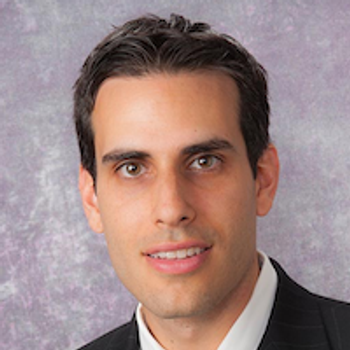
Investigators are evaluating the safety and tolerability of an optogenetic treatment combining a gene therapy and a medical device.

Investigators hope that an experimental test could detect the novel coronavirus at a much lower cost than current tests; the FDA has extended the action date for a chimeric antigen receptor (CAR) T-cell therapy application from Bristol Myers Squibb (BMS); engineering teams devise inexpensive ventilators for emergency use.

A manageable safety profile was observed for the combination of atezolizumab and the anti-CD19 chimeric antigen receptor T-cell therapy, axicabtagene ciloleucel, in patients with refractory diffuse large B-cell lymphoma.
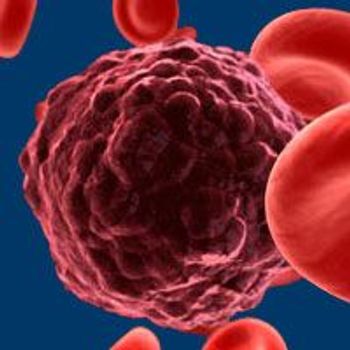
The first-in-clinic universal CAR T-cell therapy TruUCAR GC027 induced promising early response rates and demonstrated a manageable safety profile with no evidence of neurotoxicity events or graft-versus-host disease in adult patients with relapsed/refractory T-cell acute lymphoblastic leukemia.

Treatment with CD19/22 chimeric antigen receptor CAR T cells induced a promising response in patients with relapsed/refractory B-cell precursor acute lymphoblastic leukemia.

Patients with pretreated non–small cell lung cancer and EGFR exon 20 insertions demonstrated a 68.7% disease control rate while on poziotinib systemic therapy.
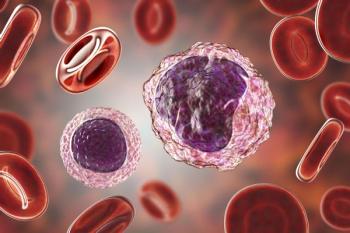
Chimeric antigen receptor (CAR) T-cell therapy has been shown to improve health-related quality of life in patients with relapsed/refractory diffuse large B-cell lymphoma (LBCL). Currently, CAR T-cell therapies are primarily administered in inpatient settings. In a study published in JAMA Network Open, researchers found CAR T-cell therapy administered to patients with relapsed or refractory LBCL in outpatient settings was associated with lower estimated overall costs.